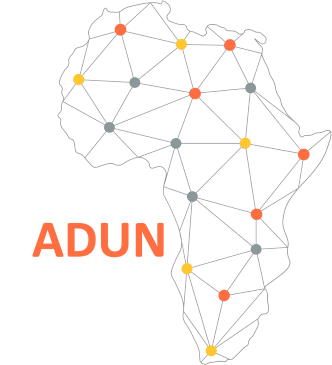Abstract
The emergence of easily accessible generative AI, exemplified by models like ChatGPT, has elicited diverse responses from higher education institutions. While concerns have been raised regarding the potential negative impacts of AI on higher education, including the possibility of harmful bias, exacerbating social inequalities, and enabling academic dishonesty, a recent article in The Conversation (McKenna et. al., 2023) urges us to view this development as an opportunity for reflection on the fundamental nature, purpose, and role of higher education.
In this session, we respond to this by exploring the intersection of generative AI and social justice in higher education from the perspective of academic development. As Kalantzis and Cope (2012: 83) asserted over two decades ago, “investing in old ways of doing education is not the best way forward” during times of rapid change. To this, Fataar and Norodien-Fataar (2020) add that “traditional knowledge-transfer-oriented curricula and pedagogies fail to equip students with the critical knowledge and skills required for a rapidly changing economy and socially just living”. The advent of AI further nuances this, with Buccelle (2022) asserting that “a society whose capabilities (at least some of them) have been radically transformed by AI is just only if practical and intellectual access to AI is provided to all its members.”
With this in mind, we hope to foster a critical dialogue on the potential of generative AI to promote social justice and equity for all students in higher education. Two key themes will be discussed: enhancing epistemological access to powerful knowledge and equipping graduates to serve a constantly changing AI-enabled society. To this end, we will discuss ways in which generative AI can be leveraged to enhance epistemological access for vulnerable students and bridge the divide in higher education. Moreover, we will argue for the development of a trust relationship between lecturer and student, in line with humanizing pedagogies and pedagogies of care. Regarding the skills required by graduates, we will make the case for including AI literacy as a condition for developing the often mentioned, and generally sought after, outcome of critical thinking.
Through this session, we hope to foster a critical dialogue around the role of AI in higher education and its potential to promote social justice and equity for all students. Rather than being a source of concern, we believe that generative AI can be used as a tool for positive change. By shifting the focus away from fear and towards possibility, we can create a future where AI is utilized in a way that empowers students and advances educational opportunities for all.
More about the presenters
Hanelie Adendorff is a senior advisor in the CTL at SU. She has a PhD in Chemistry but has been working in professional development since 2002. Her career started with an interest in blended learning, but she has since worked in the areas of assessment, facilitation of collaborative learning, science education and, more recently, the decolonization of the science curriculum. Since SU’s move to emergency and augmented remote teaching, she has been involved with institutional research on assessment.
Dalene Joubert is the new addition to the CTL-advisor team at SU. She holds a joint Masters Degree from SU and the University of Leiden, a PGCE from Unisa and she is currently busy with her PhD in Translations Studies at SU. Dalene has a passion for learning and teaching, and has been in the space for over a decade – she has taught at both Rhodes University and SU, and has also been a high school teacher. She loves her work, and is currently exploring the intersection where AI, TLA and SU meet.
Magriet de Villiers is the Learning Technologies Advisor of the Centre for Learning Technologies (CLT) at Stellenbosch University (SU), South Africa. She studied and taught in the field of Theology at SU. She took up the position as the Faculty of Theology’s Blended Learning Coordinator, and later that of the Academic Development Coordinator. She is currently the Learning Technologies Advisor at CLT and provides support for the institutional use of ICT in Learning and Teaching. Her teaching and research interests centre on the pedagogy of discomfort, academic development strategies, instructional- and learning design, and blended- and hybrid learning.
